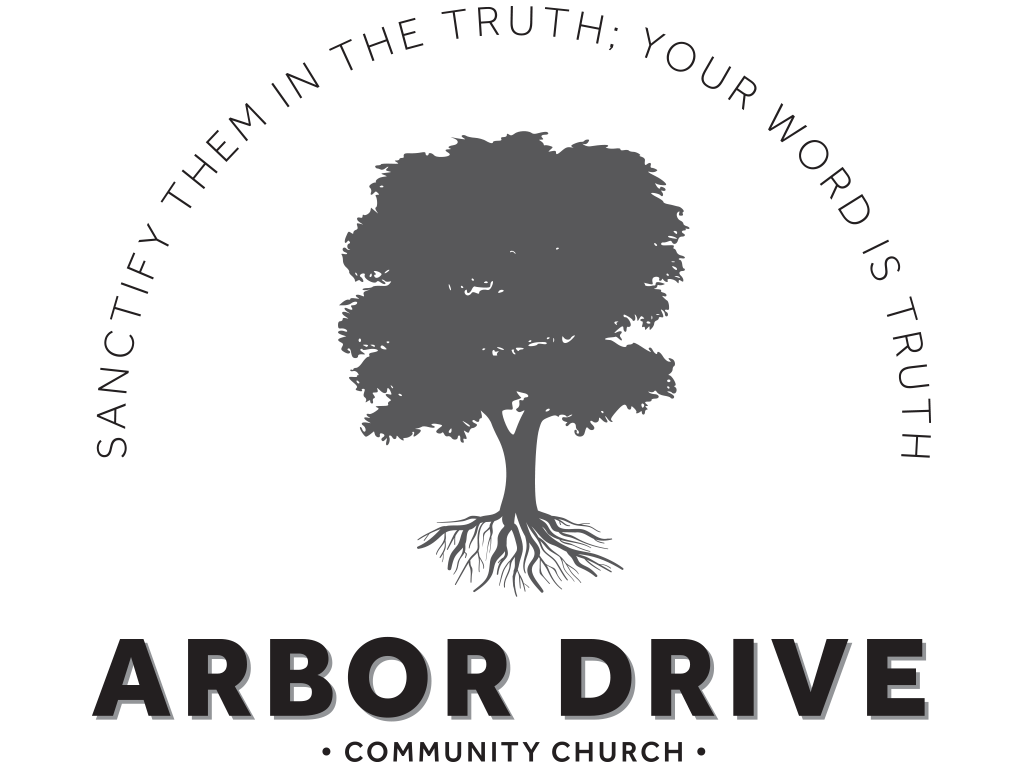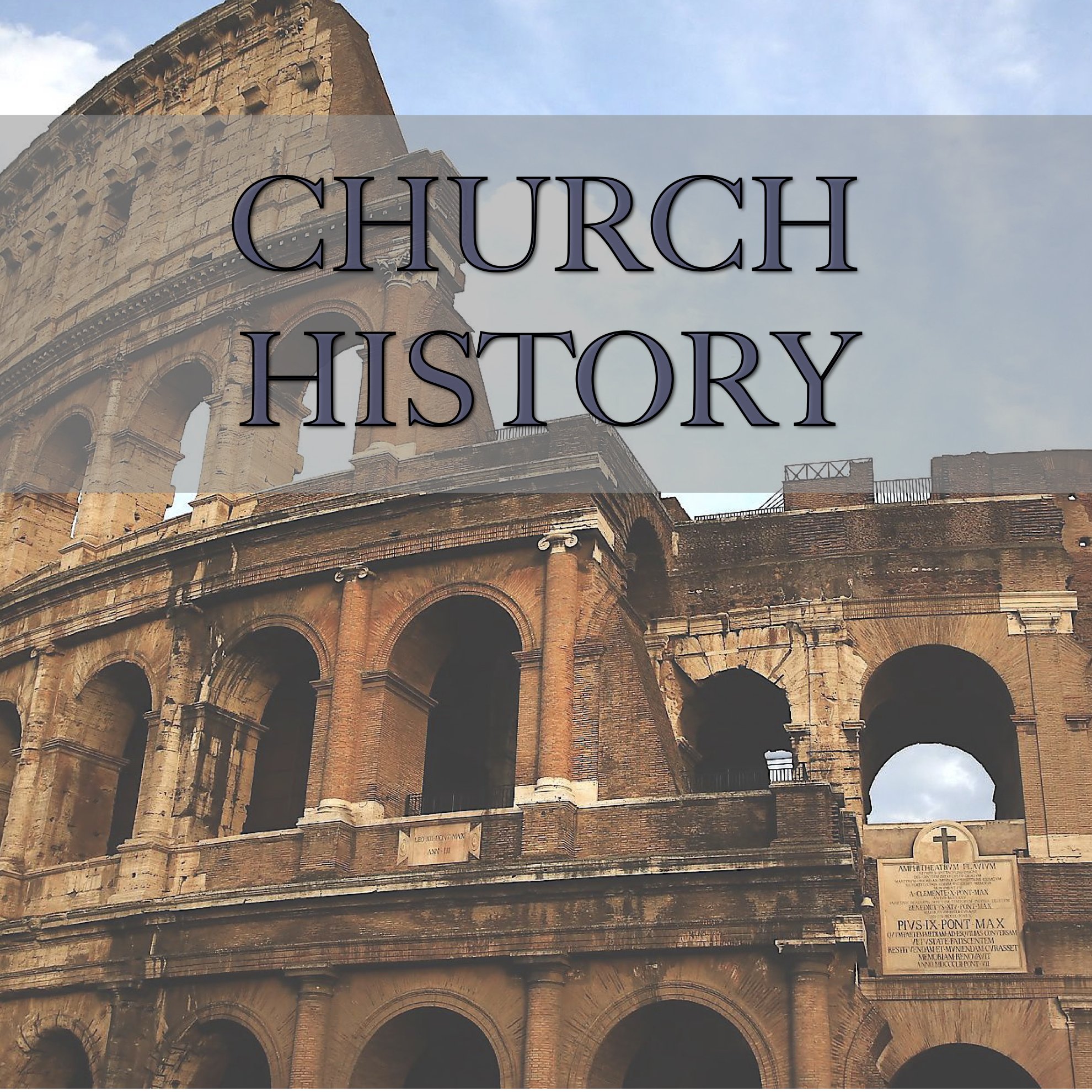Seminar 2: Romans, Jews and Gentiles
We had a bit of a technology glitch and the audio cut out the last 10 minutes or so. I have gone through my notes and recreated the missing part as best I can. Here it is:
We like to think of the early church as this kind of utopian era where everything was great. That’s just simply not the case. The interesting thing that we will see over and over through this is sin is sin. It’s part of the human condition and something that has always been and will always be a struggle within the church. The root issues are all the same. The manifestations differ. So don’t think that there was some kind of glorious utopia in the Jerusalem church in the beginning. Acts 2 paints a beautiful picture but it doesn’t last long. In acts 3-4 Pater and John are brought before the Sandhedran and told to stop preaching and at the end of 4 there is this beautiful prayer of the believers… but then how does Acts 5 start? Two people being killed because they lied to God and the church and were trying to look good while secretly keeping some back. Then in Acts 6 we have the controversy of the Hellenistic widows.
And a lot of the NT is addressing this and sorting it out. In Romans, a lot of time is devoted to showing the both Jew and Gentile stand condemned before God apart from Christ. Both Jew and Gentile are justified by Grace through faith alone. Both Jew and Gentile have the Holy Spirit. In 9-11 Paul answers the question has the word of God failed since so many Jews are unbelieving and in 11 he wraps that section up by saying that wild branches are grafted into the olive tree and that is the way all Israel will be saved… meaning you all are on the same team. You all are part of the same covenant people of God. You all are beneficiaries of the same promises. You all, by virtue of being united to the True Israelite (Christ) are part of True Israel. So then in the application part in Romans 12-16, much of it is focused on how that reality helps them to live together and love one another. Consider the weaker brother above yourself. One of you (the Jew) considers one day holy and another considers every day holy. Juve difference to one another and get along because you are on the same team. And that happened because Claudius expelled the Jews from Rome for like 5 years and then allowed them to come back and when they came back, the church was exclusively Gentile. And things were different because of that.
One final note on this… Throughout the NT we see the writers in speaking both to Jew and Gentile quote the OT. We will talk more about Scripture another time, but for right now, just note that they viewed the Jewish Scripture as having authority over all Christians. They used it to instruct them because there is unity in what the Apostles taught and what the early church believed and in God’s revelation in the OT.
Up until year 64, the persecution of the church was exclusively from the Jewish leadership and community. So very early, we see this growing divide between Christianity and the Jewish establishment. And all of this, from the persecution of the Jews to the inclusion of the Gentiles, is a catalyst by which the church begins to be defined apart from Judiasm. The church begins to form her own separate identity. No longer is it seen as a radical sect of Judiasm, of which there were many, and no longer did the church’s identiy rest fundamentally within the umbrella of Judiasm, but the church began to be seen and see herself as distinct from all of this. Inheritors of that Jewish heratige and the fulfilllment of what Judiasm was supposed to be, but not fundamentally Jewish. Distinct and separate. Unable to reconcile with the Jewish establishment and seen by both Jews and Rome as something distinct. This is going to give rise to eras of persecution which we will cover, but today, the important thing to note is that Christianity didn’t invent itself and it’s practices out of thin air. We hold to the Jewish Scripture as being divinely inspired. We began from Jewish roots. Roots which we still are built upon today. The church inherited a rich theology of God and prophesies that predicted the Messiah. As Paul says to Gentiles, we should not get arrogant because you don’t support the root, but the root supports you (Romans 11:18). The point is that there is significance to seeing ourselves in the term Judeau-Christian. We share a lot with that Jewish heratige. We inherited a lot from them in terms of worship and ethics and monotheism, just to name a few. But at the same time, we have a separate and distinct identity as Christians and the fundamental shift and breaking point is Christ as the Messiah has come and fulfilled all that was spoken of in the OT bringing the New Covenant that was promised, the Spirit that was promised, and the inclusion of the Gentiles that was promised. Christ changes and gives new identity to the church and makes her distinct. The thing that we have hoped for has come.
Lessons to be learned and applied
The church has always been in conflict with the culture. That is going to come up a lot. We are going to see that there are a lot of heresies, even that the Apostles address, that are rooted and originate in the culture and that creep into the church. So take heart, what we are facing is not new. That goes for conflict and struggle within the church among the people. We are not yet in the New Heavens and New Earth. What we will see over and over is the struggle with outside influences is real and an ever present threat and so is the struggle within the church with sin which is also a real and ever present threat. But in spite of all of that, God has promised to build his church and will be do it. What that leaves all of us with is the responsibility to trust God and be faithful to his word and be shaped by it both in our theology and practice. I cannot emphasize that enough.
The church does not create it’s theology and lifestyle out of thin air. And we need to understand that the first Christians build on a foundation… the same foundation we have though the Apostles have been added to it. The foundation of the OT and NT (Ephesians 2:20). The church was Jewish first and then moved on from there understanding that. The first Christians inherited a heratige. They sought to honor it. We should as well. We take so much for granted as if we made it up out of thin air. They didn’t. In fact, this idea that they made it up has given us the idea that we can make it up and what we tend to do is think because we do things a certain way they have always been done that way. And back to the last point, we don’t realize the impact that the culture has had and how it has shaped us. For example, and we will talk more about this when it comes to worship, but we are aghast at the idea of using actual wine at the Lord’s Supper. And we try to explain it away in Scripture when we see that term wine. But we have to realize that it is only in the last 100 years of church history that this phenomenon has appeared even though there are people here in this room that have never had anything but grape juice when you have celebrated the Lord’s Supper. You know why that changed? Anyone want to take a guess? Prohibition. And we act as though the church has always done it rather seeing ourselves as inheriting a rich tradition and seeing an obligation not only to adhere to what Scripture says, but also to honor the witness of the church from the past in our own practice.
Beware of distortions of the gospel. Legalists and Judiazers say these things justify you. Not the same as justified by faith and needing to honor God. Don’t mix those up. God still has standards. He is unchanging. We are still bound to the 10 commandments for example. But they don’t justify us. They show our inability, point us to our need for Christ, and show us what it is to live in a way that honors God. That is what is called “the threefold use of the law”. That’s what Paul means by “the law is good if one uses it lawfully”. None of that is meant to justify. In fact, the NT goes to great lengths to show us that the gospel has always been salvation by grace through faith. The difference is the OT looked forward to Christ and the NT looks back.


